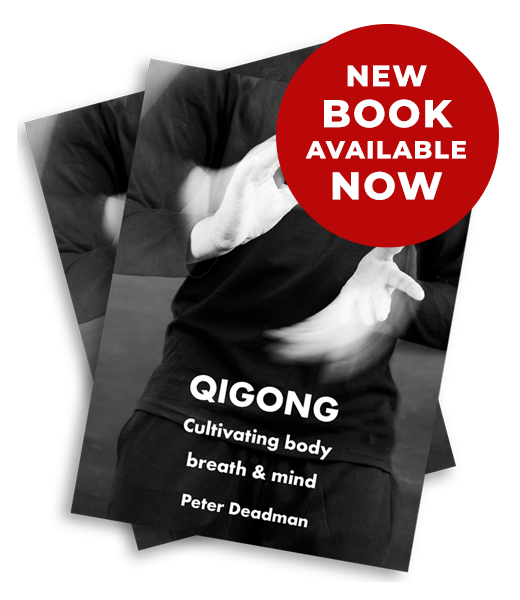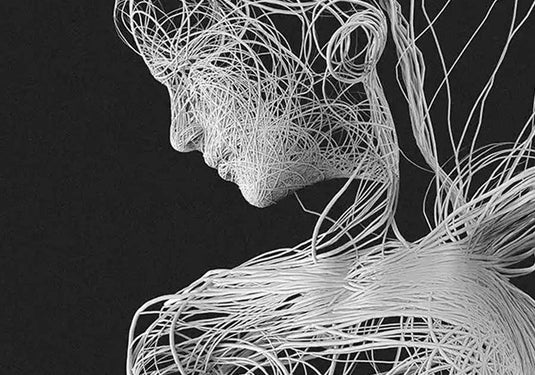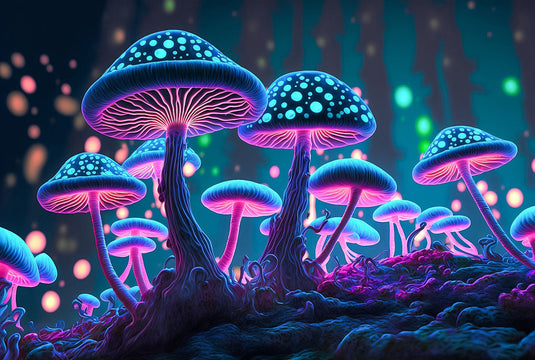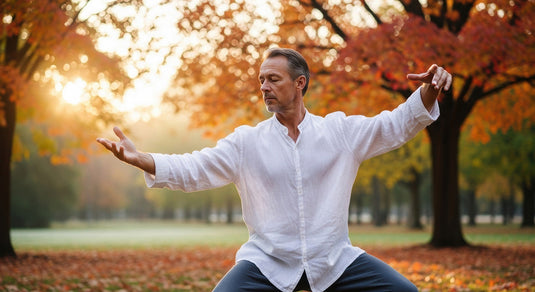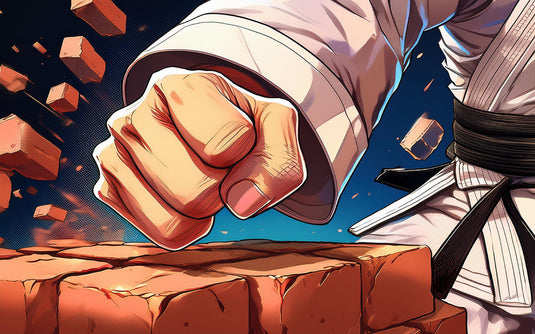The term gongfu (kung fu) evokes images of fighters leaping through the air in meticulously choreographed fights, accompanied by a biff-bang soundtrack, or else shaven-headed Shaolin monks smashing bricks with their fists.
But the original meaning of gongfu is quite different from that. ‘Gong‘ means work, achievement or skill, and is the same character that appears in the word qigong (skill in vital energy). Gongfu is the seemingly effortless expertise that results from the prolonged and dedicated practice of any art. As Samuel Johnson, the 18th century English lexicographer, said, “What we hope ever to do with ease, we must learn first to do with diligence.”
So the violin player, gymnast or noodle maker who make it look oh so easy, can be said to have gongfu – achieved through countless hours of practice. Echoing the Japanese proverb, “One thousand days to learn, ten thousand days to refine,” the journalist Malcolm Gladwell (in his 2008 book Outliers) popularised the idea that 10,000 hours of practice was required to develop expertise in any field. This amounts, for example, to three hours every day for ten years.
And beyond developing ‘effortless’ skill in fields such as painting, or acupuncture, or qigong, or any other daily practice we cleave to, this idea seems a worthy principle for life itself. I thought about this after an encounter on a taxi boat I took on the Thames in London at the weekend. I was befriended by a five year old Chinese boy and at one point he asked me why I was old?
“I’ve lived a long time. And why are you so young?” I said.
“I’ve only just started,” he replied.
I wrote in Live Well Live Long how ageing involves an inevitable series of losses. Not just of external things (the loss of friends and family, of material objects), but of our own bodies and minds. Our movement, strength, libido, eyesight, hearing, memory, sense of touch and taste – and more – all steadily decline, however committedly we cultivate ourselves. And of course from the moment of our birth we are inexorably approaching the final loss – of life itself.
But one thing alone has the ability to grow and flourish until the final moments and that is wisdom – knowledge of life. We could also call this gongfu – the continuously refined skill of living, a skill we have the potential to practise every waking moment.
This wisdom is not acquired simply by the act of living long, though. We all know elderly people who have allowed themselves to stagnate, to become ever more wedded to unexamined prejudices, to become resentful or bitter and so on. Just as with any difficult art, we have to practise, observe, reflect, experiment, challenge ourselves – however difficult and hard it might sometimes be. As the 19th century writer Louisa May Alcott wrote, “I am not afraid of storms, for I am learning how to sail my ship.”
On my annual qigong camp this year, we discussed what it might mean to be an ‘elder’ (as opposed to simply old). In traditional societies, elders were respected for many reasons – because they had survived; because they had laboured throughout their lives, and raised and protected and fed children and grandchildren; because in cultures that remained largely unchanged through the generations, they were the repositories of stories, of knowledge of weather and crops and animal husbandry, of sickness and health, of gain and loss, of human behaviour. As an African proverb says, “When an elder dies, it is as if a whole library has burned down.”
Older people are rarely respected now. Rapid technological change can make them seem stupid – out of touch with all that seems to matter. Yet the deeper currents of human life remain unchanged, and the wisdom of elders is still vital to their families and communities.
Although this elder gongfu may be ignored or invisible to others, it offers its own rich, internal rewards. And if we hold the aspiration, the commitment, to continually learn and develop, and take pride in doing so, and not force our hard-won wisdom down unwilling throats, we might find that surprisingly, we are able to offer much, and in return are loved and respected for our gongfu – as is our due.

